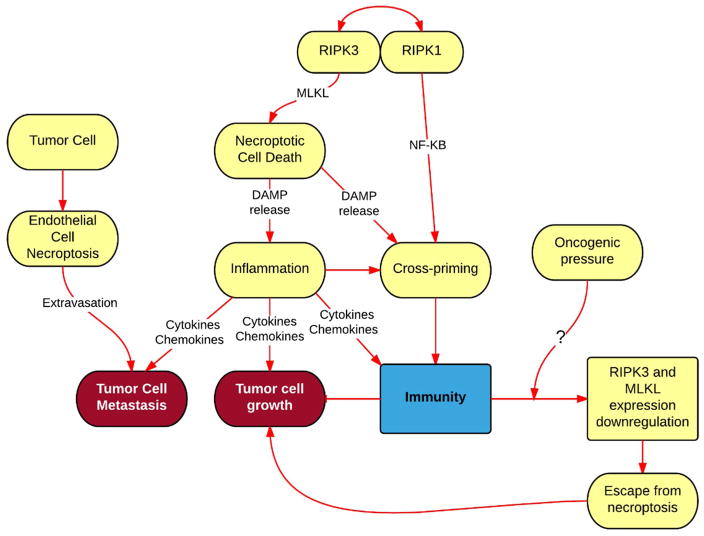Figure 2. Role of necroptosis in cancer.
Necroptotic cell death promotes inflammation, via release of DAMPS, fueling cancer growth and metastasis, while also promoting stimulation of naïve CD8+ T cells via an event called cross-priming, which is required for immune defense against cancer. Moreover, by killing endothelial cells via necroptosis, tumor cells achieve extravasation and metastasis, suggesting that inhibition of necroptosis in endothelial cells would restrict metastasis. While loss of RIPK3 an MLKL expression in many cancers results in escape from necroptosis, it is not know whether oncogenic forces play role in this process that results in escape from necroptosis.

